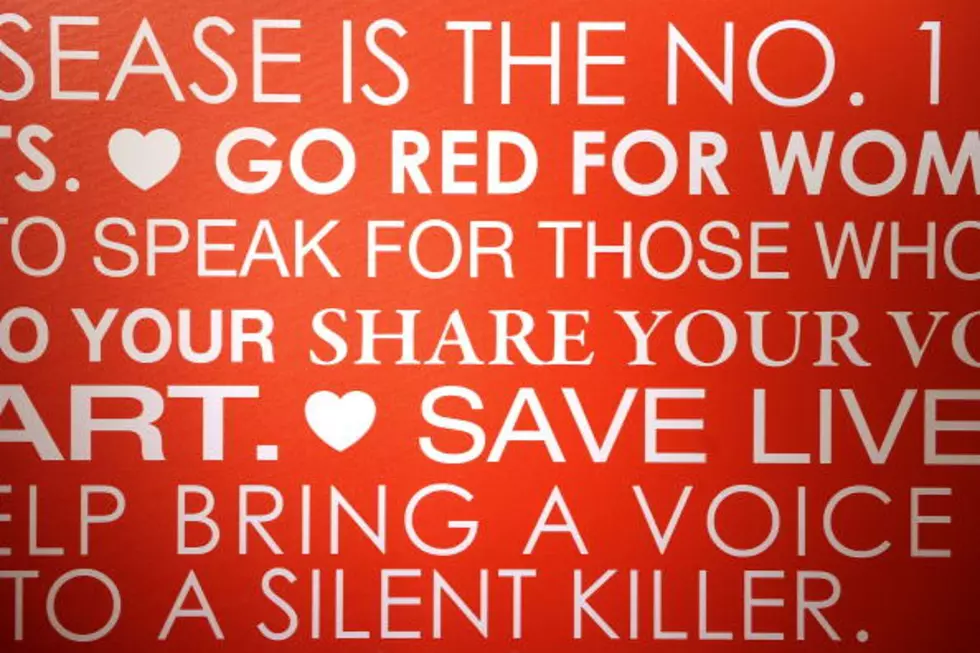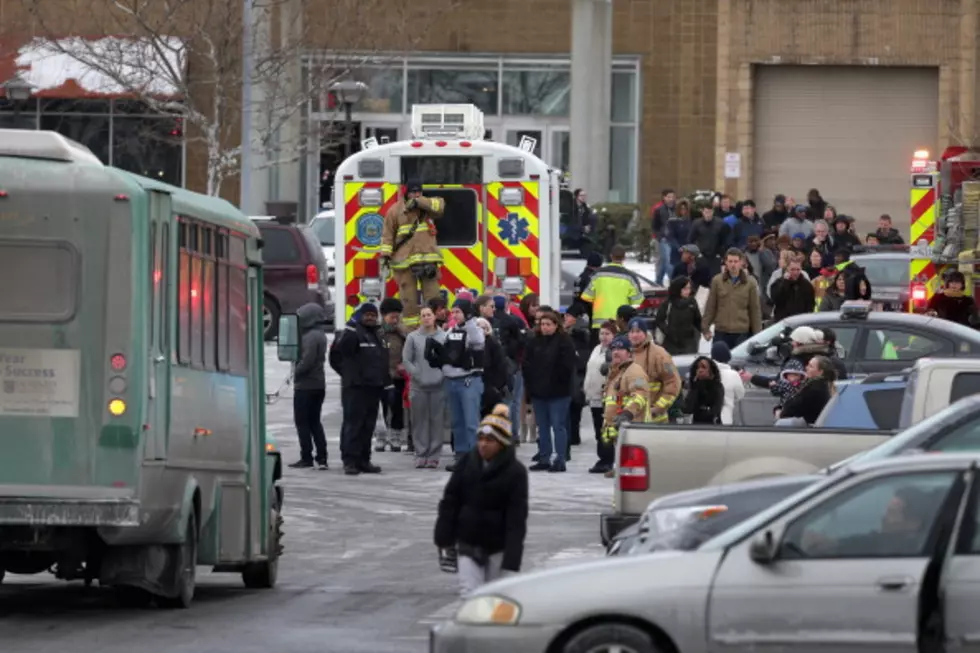![Officials Predict A Heart Attack Spike [AUDIO]](http://townsquare.media/site/385/files/2012/09/hospital.jpg?w=980&q=75)
Officials Predict A Heart Attack Spike [AUDIO]
The American Heart Association says heart failure will spike up 46 percent by the year 2030.
In terms of the collective cost, they say the bill for dealing with heart disease will go from $31billion in 2012 to $70 billion 18 years down the road.
Doctor Perry Weinstock of the American Heart Association's New Jersey chapter says part of this has to do with the aging population.
"If we do a better job at prevention, we can put off heart failure for a longer period of time."
Perry says that includes optimizing one's blood pressure and blood sugar, keeping a lid on cholesterol, and getting rid of bad habits such as smoking.
Heart failure develops when the heart has been weakened from heart disease, high blood pressure, diabetes or other conditions. As the heart struggles to pump, it can enlarge but it gets weaker. Fluid can build up around the heart, leaving patients tired and out of breath.
Half of all Medicare patients hospitalized for heart failure die within three years.
More From New Jersey 101.5 FM






![U.S. Headed for Domestic Oil Only? [AUDIO]](http://townsquare.media/site/385/files/2014/02/143637418-300x200.jpg?w=980&q=75)


